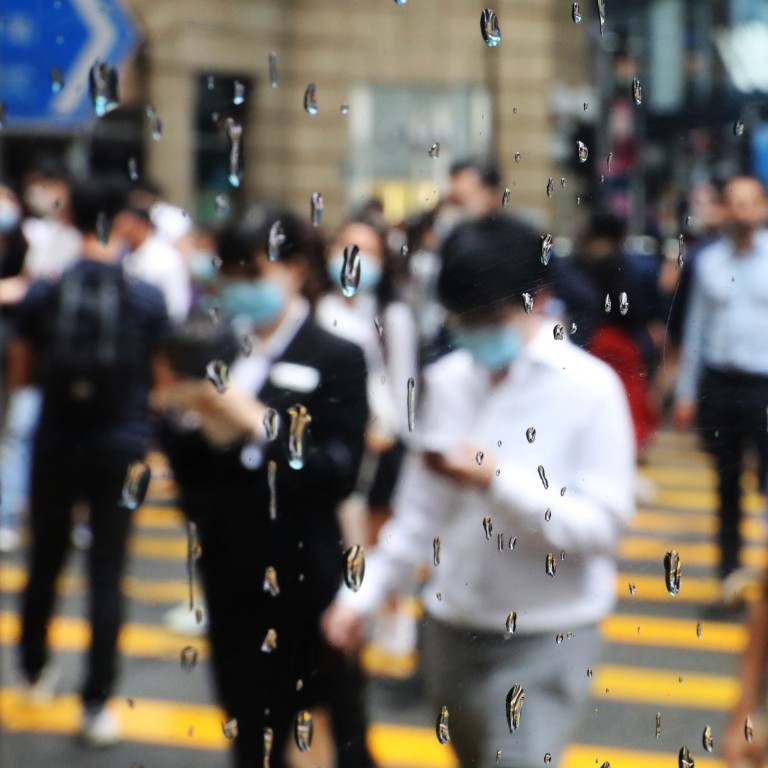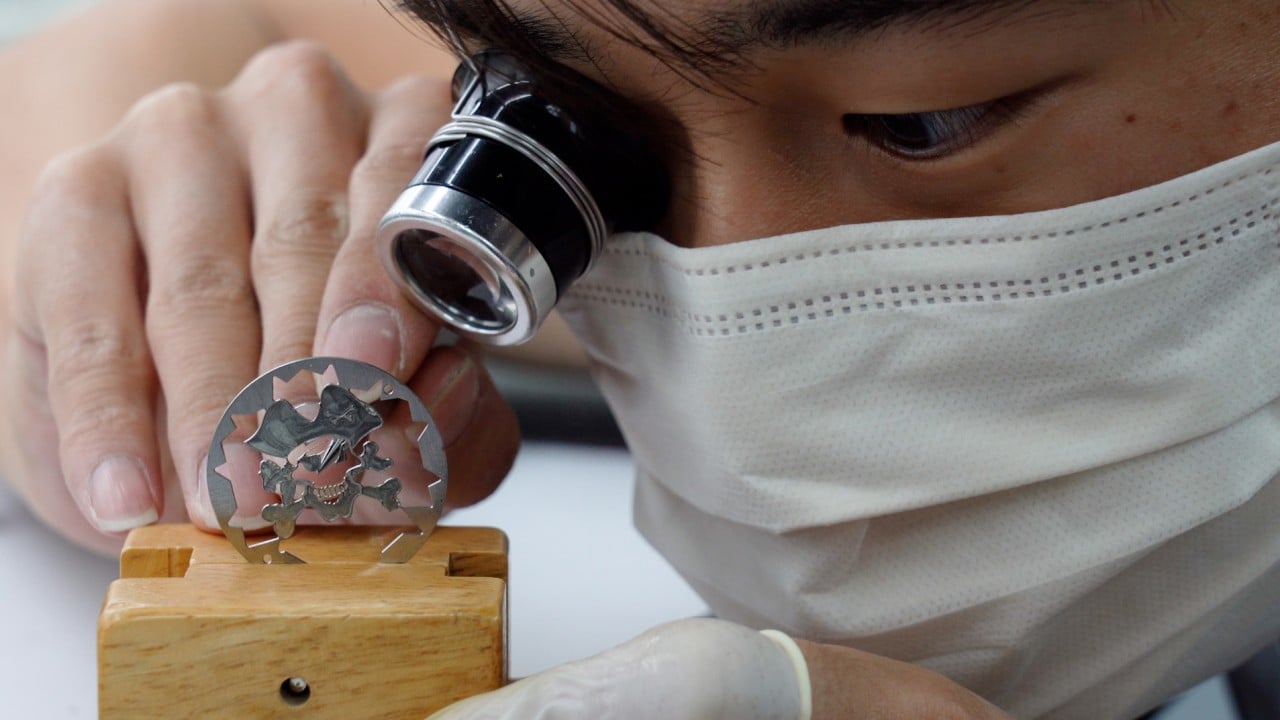
How Hong Kong can reboot its economy amid the devastation of coronavirus and social unrest
- The government must invest in projects employing local labour, to turn around public sentiment. Hong Kong can’t afford to wait for the free market to act, or for tourists to return. Other priorities include housing and the Greater Bay Area
The Hong Kong economy has undergone huge changes over the past 40 years. Today, Hong Kong has become a predominantly service-oriented economy, focusing on financial and professional services and tourism, and does no manufacturing any more.
Relative to the mainland, the Hong Kong economy has shrunk significantly, from one-seventh of the mainland’s real gross domestic product to less than 3 per cent between 1978 and 2019. Going forward, the mainland economy is expected to grow twice as fast as Hong Kong for the coming decade.
Hong Kong’s potential role as an economic intermediary between China and the United States will be unavoidably diminished over time.
This makes it difficult for Hong Kong to continue to be a trading hub and a transport hub, and limits its potential growth as an international financial centre or as a tourism destination.
Why concerns over Covid-19 passports are not to be sneezed at
The second order of business is the creation of new aggregate demand in Hong Kong, so as to generate more GDP and employment immediately. We cannot afford to wait for the private sector and the free market to act, or for the tourists to return, both of which will take time.

05:04
Unique market position of ‘Made in Hong Kong’ companies vanishes under US relabelling order
The government should increase public expenditure immediately and massively, without worrying about the short-term budget deficit, to change public expectations from negative to positive. The expenditure should be focused on projects employing local labour and material with minimal import requirements.
The US sanctions are unlikely to have much impact on the economy of Hong Kong. Hong Kong exports almost no manufactured goods, and re-exports from the mainland to the US are already subject to the same tariffs as direct mainland exports. In fact, Hong Kong lost its role as the principal transshipment point for mainland exports and imports years ago.
How Hongkongers can safeguard their living environment against Covid-19
In the longer term, the government must solve the housing problem in Hong Kong. Otherwise, everything else is just like rearranging the deckchairs on the Titanic. Increasing the residential land supply is the key. Only 24 per cent of the land in Hong Kong is used, and only 7 per cent is used for residential housing.
If only 1 more per cent of land is made available for housing – from country parks, green zones, reclamation or wherever – the situation can be immensely improved.
In addition, housing can be made affordable by allowing a higher loan-to-value ratio (say 80 or 90 per cent) and introducing long-term (say 35-year) fixed-rate mortgages for first-time owner-occupiers. The resulting housing boom should keep Hong Kong happily growing for at least a decade.
Creating and realising synergies within the Greater Bay Area is the next priority. This will require enabling and facilitating the free flows of all four factors (goods and services, people, capital and information) within the entire development zone. All 11 cities of the Greater Bay Area will gain in the same way that all countries gain from economic globalisation.
Besides being an international financial centre, how can Hong Kong capitalise on being part of the Greater Bay Area? One possibility is for Hong Kong to develop itself into an education hub in the region (taking a page from Boston), providing tertiary educational services to residents of the Greater Bay Area as well as students from all over the world, with foreign institutional partners.
These students, like tourists, create local demand, but for much longer, with an average stay of four years. When they graduate, they also become goodwill ambassadors or additions to Hong Kong’s human capital pool. These tertiary educational institutions can also become vehicles for attracting human capital and stimulating research and development.
Lawrence J. Lau is Ralph and Claire Landau Professor of Economics, the Chinese University of Hong Kong, and Kwoh-Ting Li Professor in Economic Development, Emeritus, Stanford University

